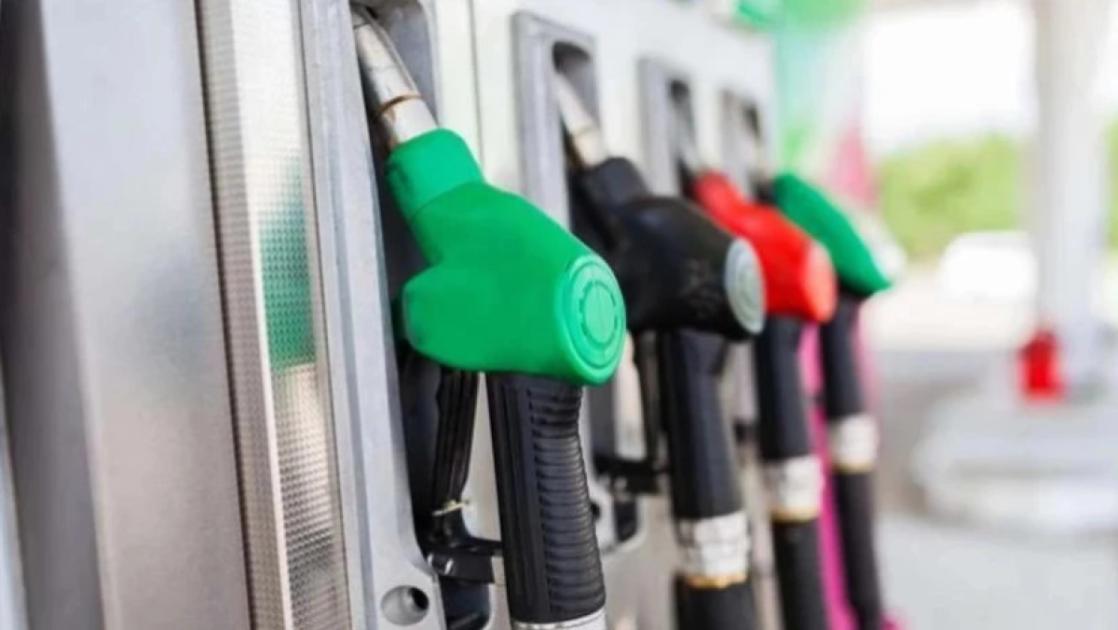
Georgia continues to rely almost entirely on imported hydrocarbons to meet its energy needs, including gasoline and diesel, according to TBC Capital’s Retail Fuel Market Overview.
In 2024, the country imported 918 million litres of gasoline, up 7.6% year-on-year, and 770 million litres of diesel, an increase of 9.4%. Imports are expected to grow further as Georgia’s automotive fleet continues to expand.
During the first nine months of 2025, around 125,300 vehicles were added to the national fleet. Of these, 61% run on gasoline, 21% are gasoline-hybrid vehicles, and 14% use diesel.
Georgia’s total vehicle fleet is estimated at 1.9 million, comprising 64% gasoline-powered cars, 12% hybrids (primarily gasoline-based), and 23% diesel-powered vehicles.
In 2024, Georgia’s main gasoline import partners were Bulgaria (32%), Russia (26%), and Romania (24%). Russia’s share has declined since 2022–2023 following export restrictions and quota limits on gasoline.
For diesel imports, 74% originated from Russia, while Azerbaijan supplied 14% of the total.
Average retail prices in 2024 stood at GEL 3.1 per litre for gasoline and GEL 3.3 per litre for diesel.
The five largest retail fuel companies generated a combined GEL 3.3 billion in revenue in 2024—a 33% annual increase. Wissol remained the market leader with a 26% share, while the average gross profit margin across major retailers was around 10%.
As of 2024, over 670 filling stations operated within Georgia’s organized fuel market, representing more than half of all stations nationwide.
In October 2025, the U.S. Department of the Treasury added state-owned Lukoil PJSC—the parent company of Lukoil’s Georgian subsidiary—to its sanctions blacklist.
0
0










